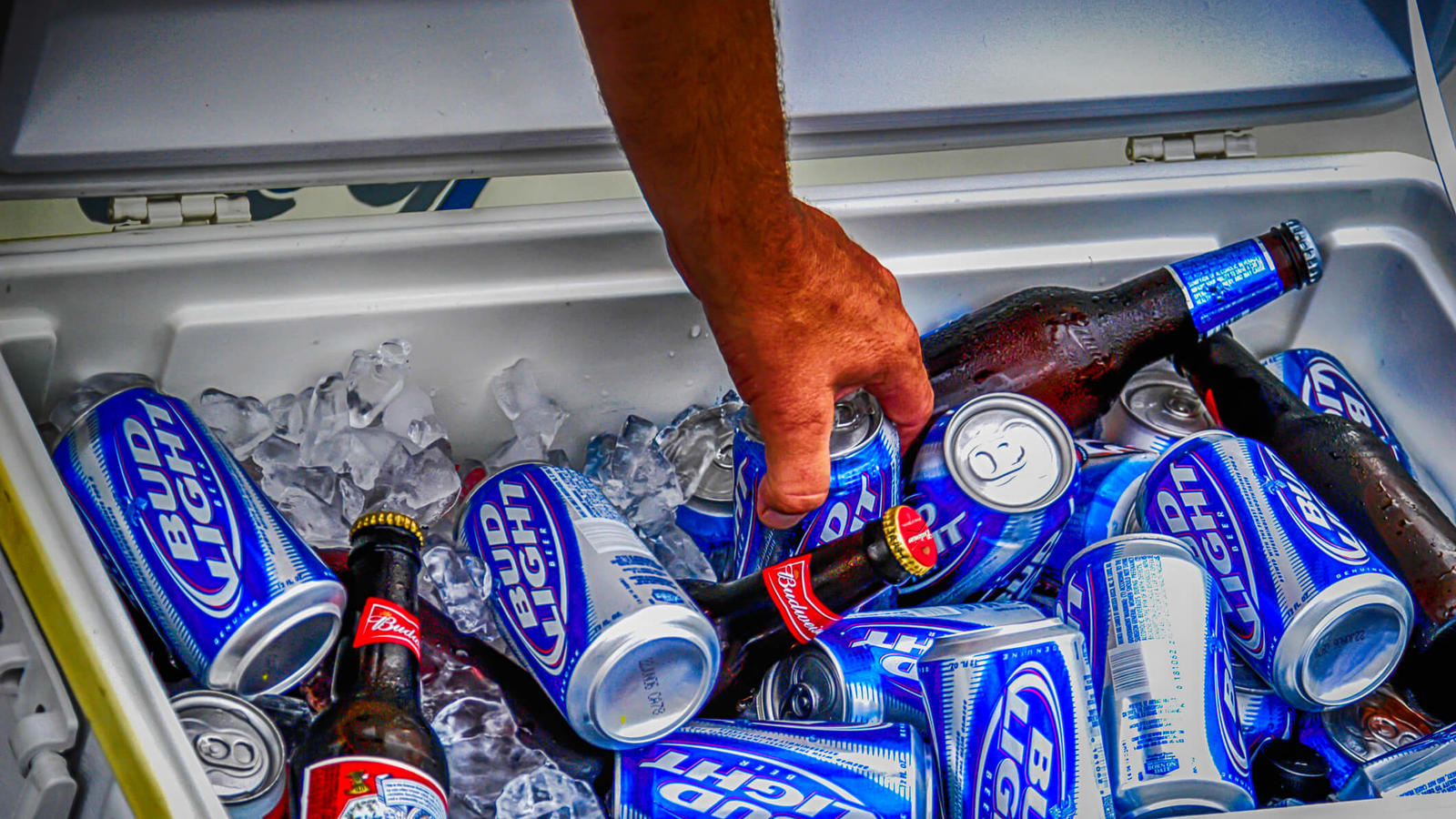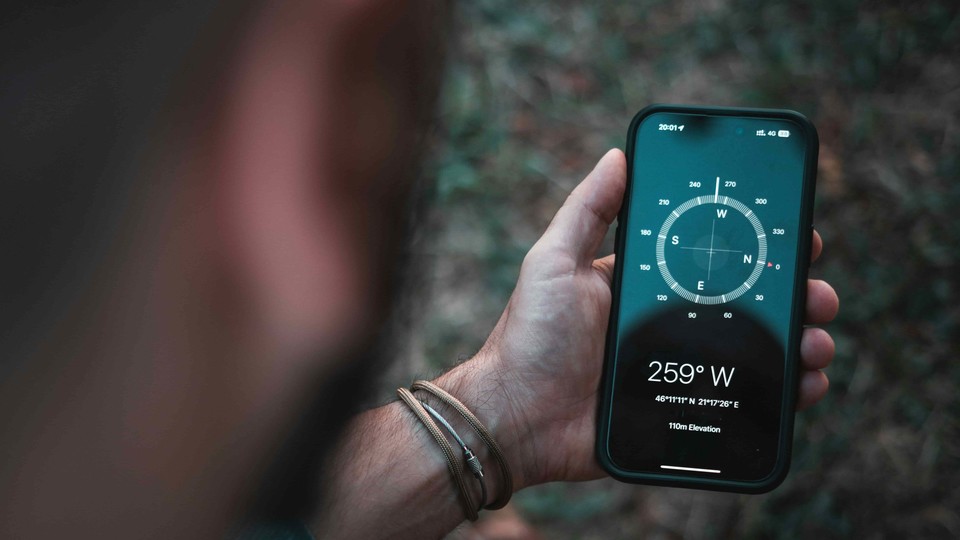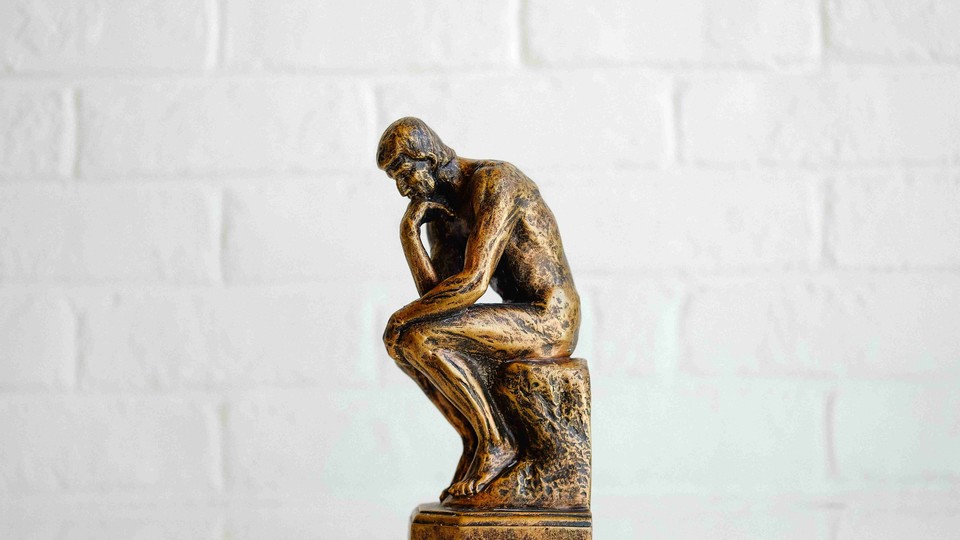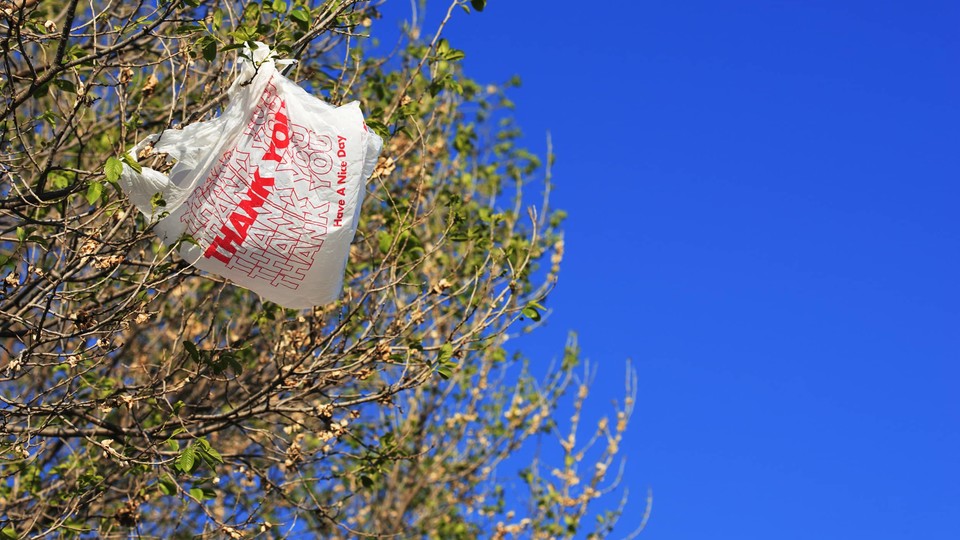
Bud Light Is Still Sinking. Here’s Why it Really Lost its Crown.
Bud Light’s sales are on ice. Their troubles are attributed to an influencer marketing controversy. But, in fact, their decline stems from product issues and management blunders.
By Vikas Mittal, originally published in The Hill on Oct. 21, 2023.
Opinion by Professor Vikas Mittal
Many ascribe Bud Light’s sales decline to a conservative response to an incident with transgender influencer Dylan Mulvaney.
They are wrong. Nike, for example, saw its stock increase 5 percent after its 2018 campaign supporting Colin Kaepernick.
The Mulvaney incident was merely a triggering event. Bud Light’s sales decline was years in the making due to what many see as a mediocre product, below-average customer satisfaction, and egocentric management decisions.
In April, Bud Light sent Mulvaney beer cans with her face imprinted on them. Conservative customers, feeling betrayed, fled to competitor brands and called for a boycott. Liberals criticized Bud Light for not supporting Mulvaney who faced transphobia and felt bullied.
CEO Brendan Whitworth’s June apology was widely panned as insincere. By that month, Bud Light’s parent company Anheuser-Busch InBev lost $27 billion in market value. In July, the company announced it would lay off 350 employees. Frustrated, Billy Busch, heir to the Busch Family offered to buy back the Bud Light brand from InBev. By August, Bud Light’s sales had declined 26.8 percent while rival Modelo’s sales grew 15.9 percent. On Oct. 9, Bud Light’s stock closed at its lowest since the April triggering event.
Companies can withstand a triggering event such as Johnson and Johnson’s Tylenol tampering in 1982 or Nike supporting Kaepernick in 2018. If they succumb to one, they do so for three reasons.
A Mediocre Offering, Undifferentiated from Competitors: A 2022 blind taste test ranked Bud Light sixth among the eight beers tested, another 2022 test ranked it seventh out of 10 and a 2023 test ranked it 22nd out of 28. Stefano Puntoni, a Wharton marketing professor called America’s light beers “the blandest, least distinctive beers on the whole planet.” He added: “In a blind test, it’s impossible to tell Bud Light apart from other light beers. Switching to another brand is the easiest of changes for consumers.”
Research shows that advertising only helps brands with above-average quality. Advertising cannot compensate for mediocre or sub-par quality to build customer loyalty, as was the case with Bud Light.
Because of this perception of its quality, Bud Light’s outsized advertising only garnered higher awareness but not necessarily higher customer loyalty. In 2022, more customers were aware of Bud Light than Modelo (88 percent versus 78 percent). Yet, both brands had identical customer loyalty (78 percent) among users.
Bud Light’s management conflated high customer awareness with high customer loyalty. Yet, its below-average product provided no meaningful differentiation from competitors and eroded customer loyalty. Customers switched when Bud Light transgressed.
Below Average Customer Satisfaction: My research shows that customers remain loyal to a company that has consistently high customer satisfaction ratings.
Toyota is one example. In 2009, it recalled 8 million vehicles due to defects associated with 52 fatalities. In 2010, when the recall was in progress, I and my colleagues surveyed owners of Toyota and non-Toyota automobiles. Surprisingly, Toyota owners agreed more strongly that it was a reliable vehicle and were more willing to buy a Toyota in the future, than non-Toyota owners. Consistently high customer satisfaction had insulated Toyota from the recall, a triggering event.
Unlike Toyota, customer satisfaction with Bud Light’s parent company InBev has steadily declined from a score of 84 in 2019 to 80 in 2020, 78 in 2021 and 79 in 2022 — lower than the 2022 industry average of 80 percent. Because of below-average satisfaction ratings, Bud Light’s customers were less loyal and less forgiving and switched to competitors when they felt it transgressed.
Decision-Making That Underestimated Customer Diversity: Many senior executives make egocentric decisions thinking their belief is more widely prevalent among customers and employees than it really is. Unfortunately, their belief may be based on gut feelings or salient information from a small group of like-minded individuals.
When Bud Light’s vice president of marketing, Alissa Heinerscheid, sent Mulvaney the cans of beer, she seemed to believe that “Bud Light had been kind of a brand of fratty, kind of out-of-touch humor, ” saying “it was really important that we had another approach.” There is no evidence that senior executives at Bud Light conducted any research to ascertain the prevalence of their belief among its customers or to estimate the pros and cons of the gambit based on those results.
Contrary to Bud Light’s gambit, peer-reviewed research unequivocally shows that large companies erode brand value, decrease sales and harm stock prices when they engage in political activism. Since they have a diverse customer base comprised of conservatives and liberals, appealing to one faction alienates the other. After a triggering event, further attempts to mollify one group earn the ire of all.
Bud Light faced a similar fate. Initially, conservatives were dissatisfied and switched. Attempts to mollify them enervated liberals. Eventually, both were dissatisfied and switched.
Regaining Its Crown — Competing on Customer Value: In an October Gallup survey, 59 percent of U.S. adults stated businesses should not take a political stance. Bud Light should listen and compete on customer value rather than on political activism. Bud Light’s customers value a product that is readily available at a competitive price and has a distinctive taste.
By excelling on these three customer value drivers, Bud Light can regain, retain and grow its customer base. Otherwise, the brand will continue being at risk of losing customers to competitors.
Vikas Mittal is the J. Hugh Liedtke Professor of Marketing at the Jones Graduate School of Business, Rice University. He has co-authored two books and over 100 articles on customer-based strategy.
Never Miss A Story


